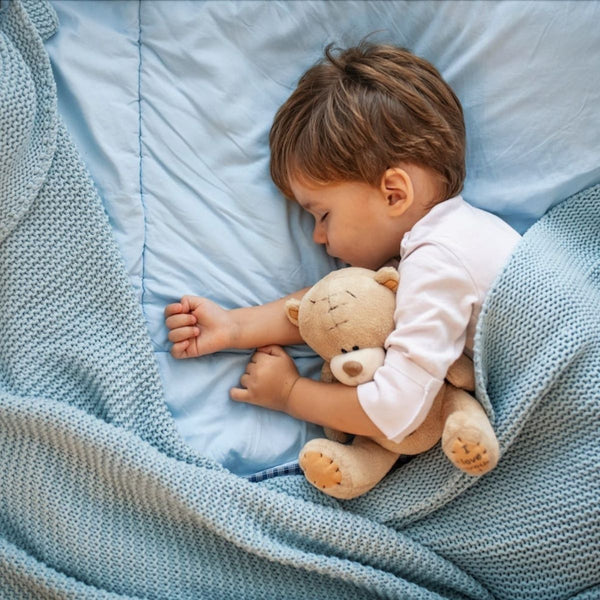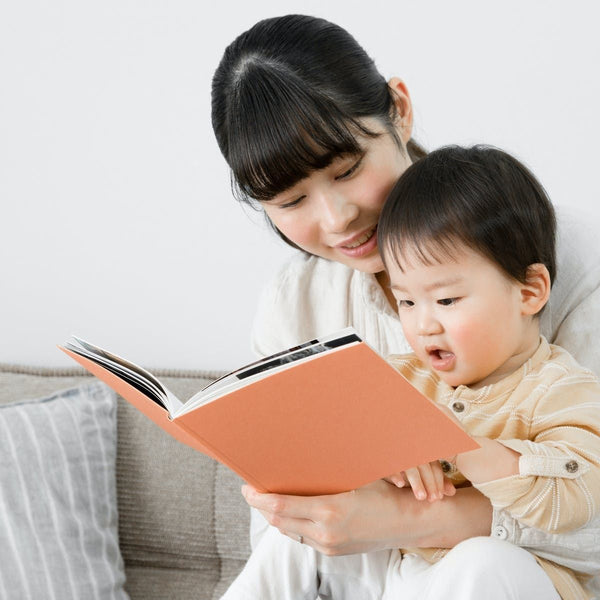Is Overstimulation Bad for Babies?

Yes. Life outside the womb is exhausting and overwhelming. Loud noises, bright lights and a never-ending stream of guests are just too much for the baby to handle.
Also, overstimulation is stressful and this can be harmful for the baby’s physical and cognitive development. Although a bit of stress occasionally can help babies and kids become more adaptive to the real world, too much stimulation and stress may actually lead to physical and mental problems later in life (including depression and anxiety disorders).
The early childhood is when babies and kids undergo a sensitive period of development. It’s the time when neural circuits for dealing with stress and stimulation are malleable. More and stronger neural connections for anxiety, fear, impulse and other negative responses will be built and reinforced. On the other hand, fewer and weaker neural connections for reasoning and planning will be the result of too much and chronic stress during early childhood.
How to know if the baby’s overstimulated?
It’s vital to limit the stimulation and know when to stop and step back. But how do you know when to do that?
Luckily, babies already know how to tell you what’s wrong. It’s up to us mums and parents to listen and interpret the signs including the following:
- Overstimulated babies often break eye contact and look away
- A baby cries more than is usual if he/she is overstimulated
- Unhappy, unsettled and more difficult (and even sometimes intolerable) to care for
When your baby looks away and breaks eye contact, this often means he/she wants something else. It might be the best time to step back and give your baby some break.
Also, have you noticed your baby cries whenever there are more than three people in the room? It can mean your newborn is overwhelmed and the visitors should now stay away and get home. Everyone’s delighted and excited about your baby so everyone wants a piece of the cuddle. But your baby is still the most important which is why the best thing to do here is to break him/her away from the crowd so you can let your baby rest.
If your baby gets cranky and upset (and often seems impossible to care for), it can drain away your patience as a mum especially during this sleep-deprived period. The feeling is actually worse for your baby because everything’s new and overwhelming for him/her. Your baby doesn’t yet have the means to control the surrounding circumstances and tell you exactly what’s wrong. Although babies can still communicate, their communication might fall on deaf ears and blind eyes if we don’t try to understand them and pay attention to their special needs.
What to do if your baby’s overstimulated?
After you recognised that your baby’s overstimulated, it’s time to take away the stress and the stimulus.
Common reason baby gets overstimulated is due to the high number of guests and each one of them wants to touch, carry and hug the baby. However, keep in mind that your baby can’t handle much especially if there are too many guests and most of them are unfamiliar to him/her.
What should you do then is to literally step back from the crowd and separate your baby from the guests. Most people will understand that action although they just can’t stop themselves from playing with the baby. But if your baby already wants to have his/her quiet time and space, it’s good to respect that.
It also helps to turn down the noise, darken the room or dim the lights. This signals to your baby that you’re on his/her side. You’re giving your baby what he/she wants and that helps in making him/her feel calm. No matter how you try to calm your baby if you don’t actually turn down the noise (e.g. turn off the TV or music), it won’t work because you’re not dealing with the root cause.
Another way to quickly calm overstimulated babies is to make them feel safe and secured. Many mums accomplish this by wrapping their newborns and carrying them next to their bodies. The wrapping reduces physical sensations and somehow emulates the comfort being felt while still inside the womb. On the other hand, bringing your baby close to you also soothes him/her. Your baby will feel safe and secure because of your smell, the sound of your voice, the warmth of your body and your close presence.
It’s a similar case when you’re out with your baby and your baby suddenly gets upset and cranky because of overstimulation (perhaps too many people are staring at and greeting your baby). In those cases, it helps to put your baby in the pram and cover it with a light blanket. This is like protecting your baby from the overwhelming outside to help him/her feel safe.
Finally, here’s the best way to calm your baby: It’s to be calm yourself. Babies often respond to how their parents feel and behave. If you’re calm it will show through your voice, heartbeat and the way you move. The calmness will also provide you with the presence of mind to appropriately respond to your baby’s behaviour.
Calming and caring for your baby
Overstimulation is bad for babies especially if it happens regularly. It can affect their physical and cognitive development and even jeopardise their bright future.
A bit of stress and just the right amount of stimulation are good to help your baby cope well with the real world. That right stimulation can come from being in a supportive environment and enabling your baby to have sufficient amounts of playtime.
This is a crucial period for your baby because this is the time of sensitive development. Your child’s early experiences are a huge factor to his/her long-term progress.
Stimulating your child’s brain is good but you have to set it in a reasonable pace. Your baby still needs his/her own quiet time and space. And in cases there’s overstimulation, it’s good to know when to slow down and remind your baby that the world is still a safe place.







